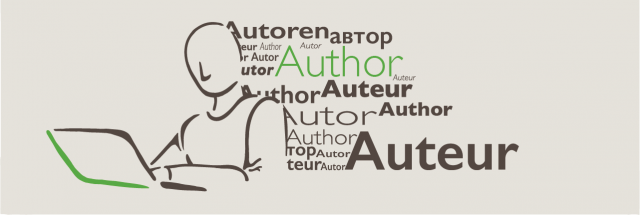CAPE TOWN, South Africa - 10th April 2003
One hundred and six journalists from 26 countries from five continents, met this week to address … “Changing media in changing societies.”
Less than a decade ago, South Africa was a source of concern and sorrow among those committed to the concepts of democracy, freedom and fairness. Journalists were threatened and beaten on plantations along similar lines to America’s segregation. Today it is a leading contributor to press freedoms on the continent.
The International Communications Forum, a network of people of good will in the media in 114 countries, met in Cape Town, South Africa (5-9 April) to discuss the status of their craft and work toward finding solutions for troubling developments within the media and in society.
The International Communications Forum focuses discussions on a person-to-person basis.
The organization has no formal headquarters or membership; a voluntary dues structure and a drive to continue meeting to help find solutions to a declining state of news media.
Founder president William Porter, a former foreign correspondent and multi-national publisher, welcomed the delegates with a challenge to take the high road in reporting in the emerging nations of the African continent.
He challenged the delegates not to shirk from a responsibility to present news that may be considered unsettling, but to also provide the constructive side of life. Such a balance of news reporting, said Porter, can be presented in an interesting way.
“If we have the privilege of freedom of information, freedom to publish and present,” Porter explained in his opening remarks, “I think we have to be concerned with the effect of our products, for good or ill, on the people who read, listen to, and watch them. Are we pulling our audiences down or lifting them up?”
The three days of intensive presentations and discussions produced a snapshot of a reporter’s life in pre- and post-Apartheid Africa.
ICF President, Bernard Margueritte, explains the dual role of the media. He said the media should provide the public all it needs to know to be proper citizens within their country, and so promote democracy. Secondly, the media should build mutual understanding between people and cultures.
The international turmoil in South Africa as well as Iraq is also a concern for Margueritte. “War is always the result of a failure,” said Margueritte. “We are concerned for the Iraqi people, the Iraqi families, who have suffered so long under a despotic leader and cruel regime and are now suffering from the war. It shows once again that we, in the media, are not fulfilling our task of bringing people together.”
He stated the role of the media should accept the challenge to better serve humanity, build a better media that contributes to replacing “the pseudo-civilization of hate and violence.”
Following a passionate panel discussion on the status of freedom of the press in Africa, Bernard Margueritte, a French journalist reporting from Warsaw Poland and current president of the International Communications Forum, proposed a resolution on the “reprehensible Angolan conduct”.
Margueritte said on March 2 in the state-run daily newspaper, Jornal de Angola, called upon the Angolan people to take to the streets to ‘beat up or kill either slowly or at speed’ the remaining members of UNITA who dare to remember their slain leader, Jonas Savimbi.
The International Communications Forum delegates called for the end to the end of repression, frequently violently, of dissenting journalistic voices and a violation of the freedom of expression principles contained in the Windhoek Declaration. They also called on the Angolan government to commit to a free flow of news and information and to end the harassment of journalists and re-establish an environment of the freedom of speech.
Other panel discussions addressed the role of journalism in an open and democratic society, the convergence “mania” in media businesses, and the status of the broadcasting industry.
The forum was held at the Silvermist Mountain Lodge outside of Cape Town and was sponsored by Telkom South Africa.
Click here for a full Report on the Cape Town Forum in PDF (388 KB).

